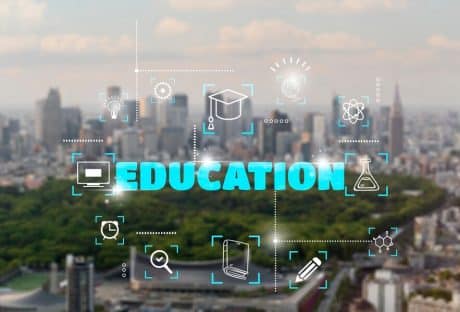We all know that all the information should be learned not on the night before the exam. However, it often happens so when we all get to study. And without going into details on how bad it actually is (yes, we have all been there, my friends), let’s see what tips will help you learn all the information for the exam for several hours.
Get started!
2. Get enough sleep
You will want to stay up all night to study as much as possible. And though you think that this way you will learn more, it is not so. Your brain cannot work 24/7; that is what the whole concept of sleep is for. You will not be able to memorize all the information and will end up going sleepy and exhausted to the exam. Please do not make such a mistake. It will bring no good to your academic performance. You need to be able to think clearly. So, manage your time and the studying process in advance and make sure to go to bed to have at least six hours of sleep.
2. Get your workplace ready
Do not study on a bed or a comfortable couch: you know that you will just fall asleep and no work will be done. So, make sure to study at a table where all the necessary materials are. Make sure to unclutter your workplace and put everything that has nothing to do with the process of studying away. If it sounds weird to you, just try it, and you will be amazed by what an effect this might have on the process of your learning all the material. It is almost as if your brain gets an idea of the necessity of staying focused once you start uncluttering the table!
3. Memorize abbreviations
When I was a student, I used to remember most of the complicated concepts by learning them as an abbreviation. Just take the first letters of work and make up an acronym. It is an easy way of learning things. Then when it comes to you passing the exams, you will only need “to unpack” the word and apply it to real life.
4. Make it rhyme
Some people (apparently creative ones) tend to make words rhyme to memorize them. If something is too complicated to get, organize everything in such a way that it will rhyme and make total sense. I used this method too when trying to learn everything overnight: with the massive amount of knowledge you need to process, new innovative ways of learning are needed. Take this one: it is fun and useful!
5. Read everything out loud
When you read the material, you are using your photographic memory to memorize the concepts. However, once you start reading out loud, you will involve other types of memory in the process. This will make it easier to find whatever you need on one of those shelves in your memory where your wonderfully made brain puts it. It works the same way you memorize a song you heard on the radio: somehow it gets stuck in your head!
6. Rap it!
Yes, it is as fun as it sounds. Try to make your studying process more creative by rapping your material out loud. That is not only fun but also extremely efficient. This way you will find committing the hard information to memory a way simpler thing than you thought it would turn out to be. All you need to do is to find some musical tune to play in the background while you rap the texts with intonation.
7. Invite friends to study together
Studying all by yourself can be not only dull but also inefficient. You can fall asleep or lose track, and there is no one to stop you and get you back on track. Moreover, you will have someone to read and rap the materials to as well as hear them back. Get some snacks in advance to eat while you study, and enjoy every second of the study-hard fun!
8. Prepare a nice reward
After a long night of studying, taking notes, writing new information down, citing the prominent scholars, and trying not to let your brain explode a reward is what will motivate you and will help you get through. However, not just any reward. Think of something you want, and promise that you will get it if you pass an exam. Apart from that, prepare small bonuses for every page read, or each new rule memorized. These can be your favorite sweets or some TV show you can watch during the breaks. Whatever sounds best for you. You can’t have it unless you were magnificent with all the material. Prize can only be taken in case you succeed.
9. Take breaks
It is not true that you will learn more if you don’t take breaks. As time flies, your brain gets overwhelmed with information. So, you need to plan time in such a way that every half an hour or so, you get five minutes off. Try to use this time wisely: you can turn your favorite song on, or do some physical exercises that, by the way, boost your ability to comprehend more information in less time. Switch the focus and let your mind rest for some time before it starts dealing with new material again.
11. Go for a walk before the test
Do not wake up a few minutes before the test. Make sure to leave some space for a morning walk. If you have a park or a forest nearby, go there. Fresh air has this magic power to help you clear your mind and set a tone for the next day. Do not rush to school right away; take a deep breath and stroll a little.
The bottom line is you can do it. All you need is a little bit of determination, lots of creativity and desire to master the subject. Use these tips to make the night before an exam useful and to make the most out of it.
Read More:























